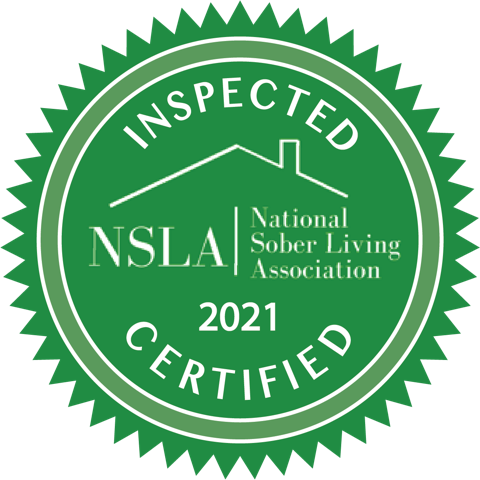How Addiction Impacts Family Roles
Addiction affects the entire family unit—not just the person misusing drugs or alcohol. When a parent, child or spouse is addicted, each member of the family copes in a different way. They may try to become the addicted person’s caretaker (“the hero”) or act out themselves (“the problem child”). Other relatives might react to ongoing instability in the home by distancing themselves from the situation or enabling their loved one’s addiction. No matter how the household has adapted to a substance use disorder, family dynamics have to change after rehab.
Changing Family Dynamics After Treatment
Once your loved one has completed a treatment program, it’s up to each person to reconsider their role within the family unit. There’s a saying in the rooms of AA: “Nothing changes if nothing changes.” If everyone continues to behave the way they did during a relative’s active addiction, harmful patterns may reemerge. This sabotages the progress your loved one has made during their stay at an inpatient facility.
For example, a parent who used to finance their child’s addiction shouldn’t keep providing monetary support indiscriminately. Instead, they should take on the position of a supportive, no-nonsense guardian. In the future, they can set boundaries around their child’s spending and create a path toward independence. This attitude doesn’t just change the parent’s behavior; it reinforces their child’s sobriety.
Empowering, Not Enabling
The above is an example of family empowering, but not enabling, their recovering loved one. This is a fine line to draw for many, and you may need a bit of extra support when navigating this process. The good news is that your family member has already done the work in treatment. They have learned new communication skills and coping mechanisms that will improve their lives immensely. Now it’s everyone else’s turn to grow.
For many family members, growth and changing family dynamics will look like:
- Identifying harmful patterns that contributed to a loved one’s substance use disorder.
- Determining what is needed for your loved one to feel supported.
- Developing a thorough understanding of addiction, early recovery and relapse.
- Setting constructive, enforceable boundaries that benefit everyone.
- Learning to practice self-care and put themselves first—not the person in recovery.
- Communicating their needs and wants.
- Creating a home environment that promotes sobriety.
- Making space for all family members to grow and change.
- Finding healthy, supportive outlets like Al-Anon.
Find Healthy Family Dynamics in Addiction Recovery
At Still Waters, we pride ourselves on our robust Family Program. Through a combination of regular visits and phone meetings, we provide a safe space for the tough conversations that help families recover. Our clinical staff will educate loved ones about the ways that addiction affects the family unit, and the ways that they can promote lasting recovery. We also explain the disease model of addiction and the 12-Step approach to treatment.
In our Family Program, relatives learn to rebuild their relationships. We outline the process of establishing:
- Trust,
- Boundaries and
- Effective communication.
With therapeutic group exercises and experiential methods, we help clients to shape their family dynamics for the better. To learn more about our approach to family-wide recovery, contact our admissions team.





